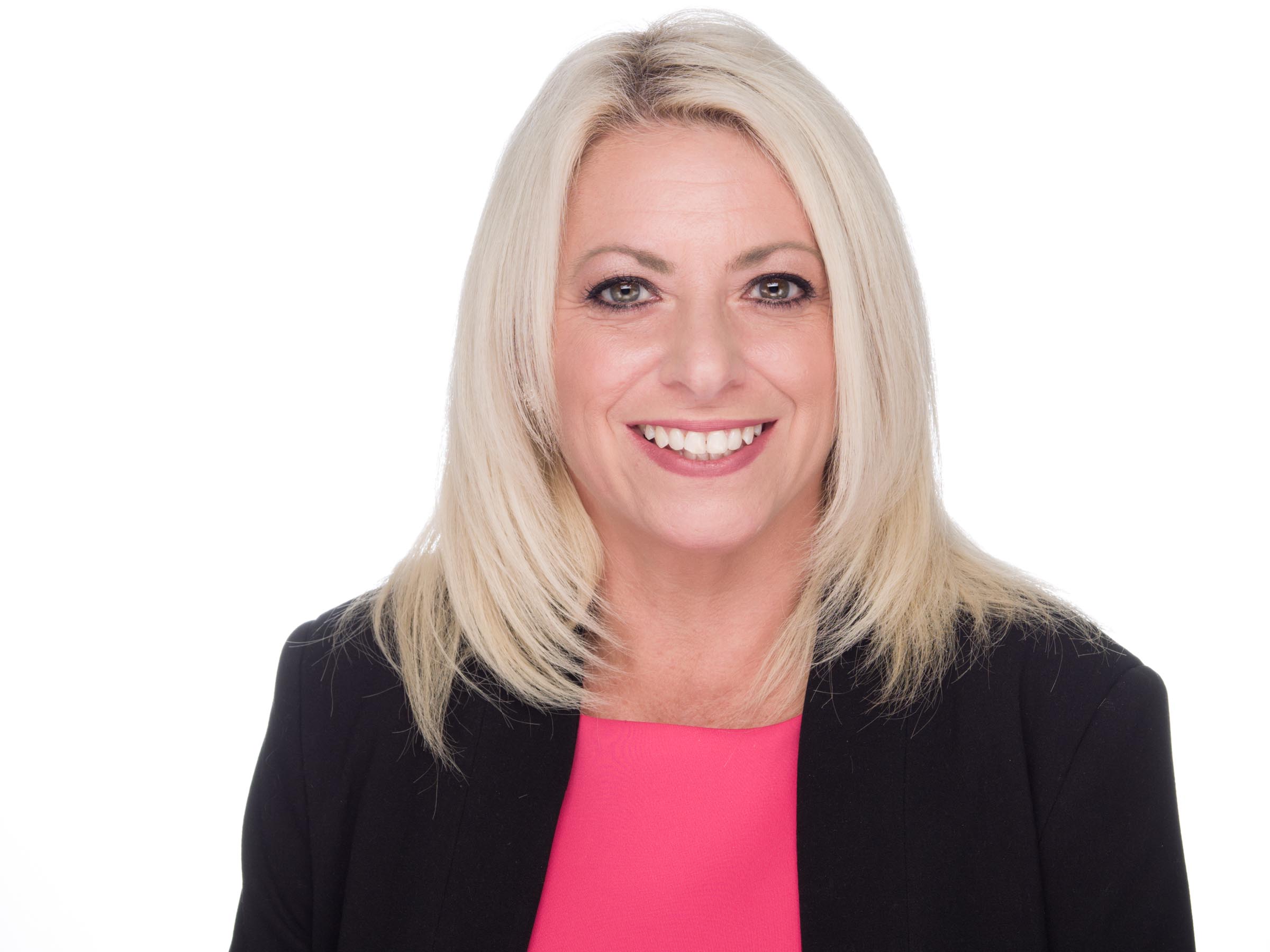.jpg) Last month, Baptist Health South Florida named Barry T. Katzen, M.D., founder and chief medical executive of Miami Cardiac and Vascular Institute (MCVI), as its Chief Medical Innovation Officer.
Last month, Baptist Health South Florida named Barry T. Katzen, M.D., founder and chief medical executive of Miami Cardiac and Vascular Institute (MCVI), as its Chief Medical Innovation Officer.
As Chief Medical Innovation Officer, Dr. Katzen will drive a culture of innovation throughout the organization leveraging the intellectual talent and creative energy of Baptist Health’s physicians and employees while building an entrepreneurial ecosystem of innovation partners worldwide. His areas of responsibility include the Miami Innovation Institute.
Dr. Katzen explains he has been driven by innovation his entire clinical career and has been inspired by change.
“Part of what innovators share in common is that you need to be fearless about implementing change,” he says. “The spirit of an innovation program for a healthcare system has to be driven by that comfort level of implementing change for positive purposes. Human nature tends to be resistant to change, but it’s something I am comfortable with and hope to convey to the rest of the organization. In the case of Baptist Health, innovation has a purpose: to improve health and healthcare in our community while supporting economic viability of our not for profit organization.
During his extensive clinical career, Dr. Katzen has been identified as an innovator. As he gained more experience at Baptist Health, he became more interested in how innovation could be harnessed to both improve health provided to the community and support the financial viability of the health system moving forward.
“I believed that innovation could be formalized with process, that patients as well as those in the Health System would greatly benefit,” he says. “We formally developed the innovation initiative within the health system as a program about four years ago. This new position and new title is recognition of what has been developed over the past four years to formally develop a program.”
According to Dr. Katzen, Baptist Health has had a long-standing commitment to bringing innovative technologies to the community. One of his immediate goals is formalizing Baptist Health’s innovation program and identifying its direction.
“We began talking more about the process of innovation and developing infrastructure, as well as developing a call center within the organization to identify innovation structurally,” he says. “That came to a really significant commitment last fall when we hired our corporate vice president for innovation, Mark Coticchia, and began building out a team with me as the physician leader, and an administrative team working together to try and create this process of innovation.”
At Baptist Health, a significant amount of technology is either being developed or has been co-developed with colleagues or collaborators in industry around several different areas, notes Dr. Katzen.
“The health system has made significant investments to support our centers of excellence, which include Miami Cancer Institute, Miami Cardiac and Vascular Institute, Miami Orthopedics and Sports Medicine Institute, and our new Miami Neuroscience Institute,” he says. “This is where medical leadership and technology comes together to produce innovation itself. Our innovation program within Baptist Health is committed to use innovation to improve the health and healthcare of the community in which we serve and in our health system. Because innovation is such a broad term, we need to focus it in whatever way possible.”
Part of that relates to Baptist Health’s mission and vision, he adds. “Technology is a big part of innovation, but it’s not the only part of innovation—invention being the creation of new ideas, and innovation, meaning the implementation of new ideas, products, or processes to improve the status quo.”
In the midst of the current coronavirus pandemic, Dr. Katzen says that while it has had a disruptive effect on society in many different ways, it has also created a tremendous opportunity for innovation.
“Our short-term goals have been to support the health system and the need for innovative solutions to things such as supply shortages, staffing, and processes,” he says. “We’ve been focused on filling in gaps as it relates to the pandemic. But we’re getting reorganized now on more important, shorter and longer term goals surrounding innovation including development of and commercialization of intellectual property internal to the organization, and development of strategic partnerships to further develop intellectual property.”
Distinguished internationally as a leader in the development of interventional radiology, Dr. Katzen helped raise this new discipline to certification status with the American Board of Medical Specialists. He was among a handful of radiologists who began developing and refining minimally invasive treatments, performing the first renal angioplasty in the United States and a member of the investigative team that led to the approval of the first intravascular stent, and other important advances.
Dr. Katzen has been recognized globally as a leader in advancing cardiovascular medicine. He is the founder and Chief Medical Executive of Miami Cardiac and Vascular Institute, a system-wide center of excellence that is part of Baptist Health South Florida. Founded in 1987, Miami Cardiac and Vascular Institute is an international cardiac and vascular destination with a first-of-its-kind multidisciplinary approach now modeled throughout the world.
He is also Professor and Founding Chairman of the Department of Interventional Radiology, and Professor of Surgery at Florida International University’s Herbert Wertheim College of Medicine.
Dr. Katzen graduated from the University of Miami School of Medicine, and was inducted in their alumni Hall of Fame, completed his residency at New York Hospital-Cornell Medical Center, and studied in London and Rome at three points in his educational career.


























